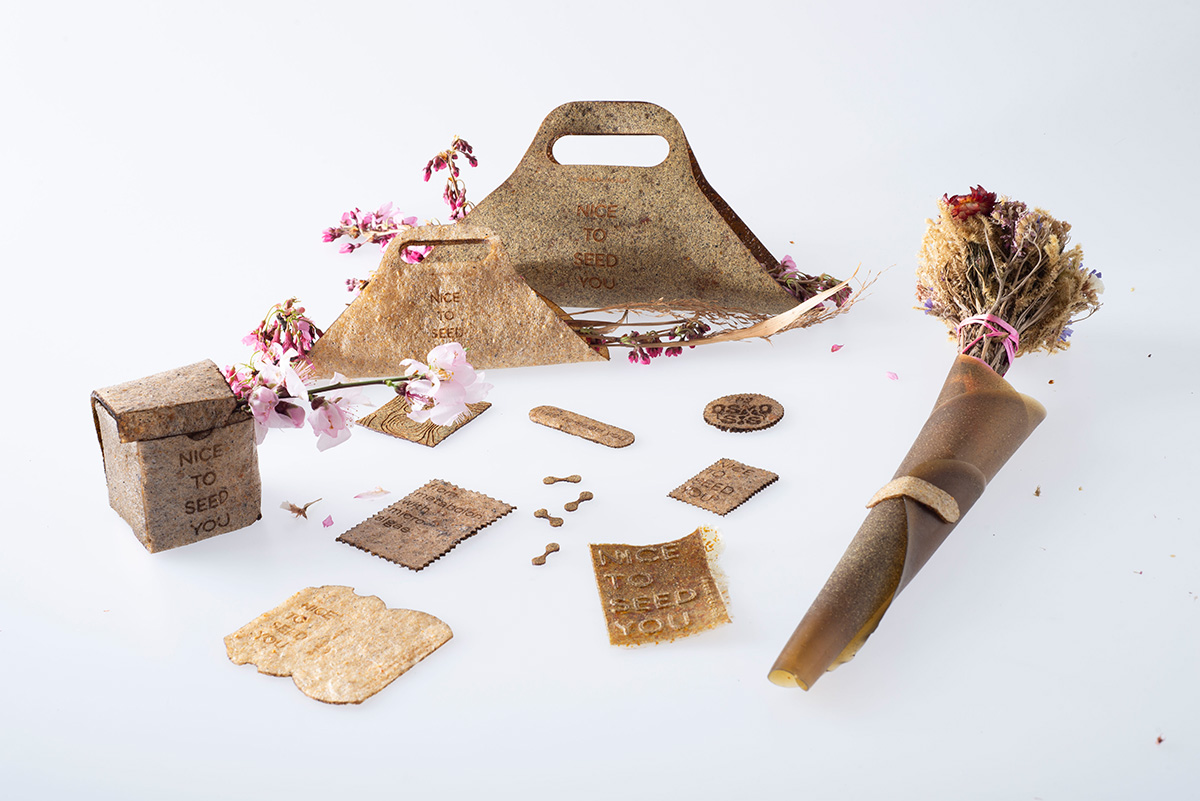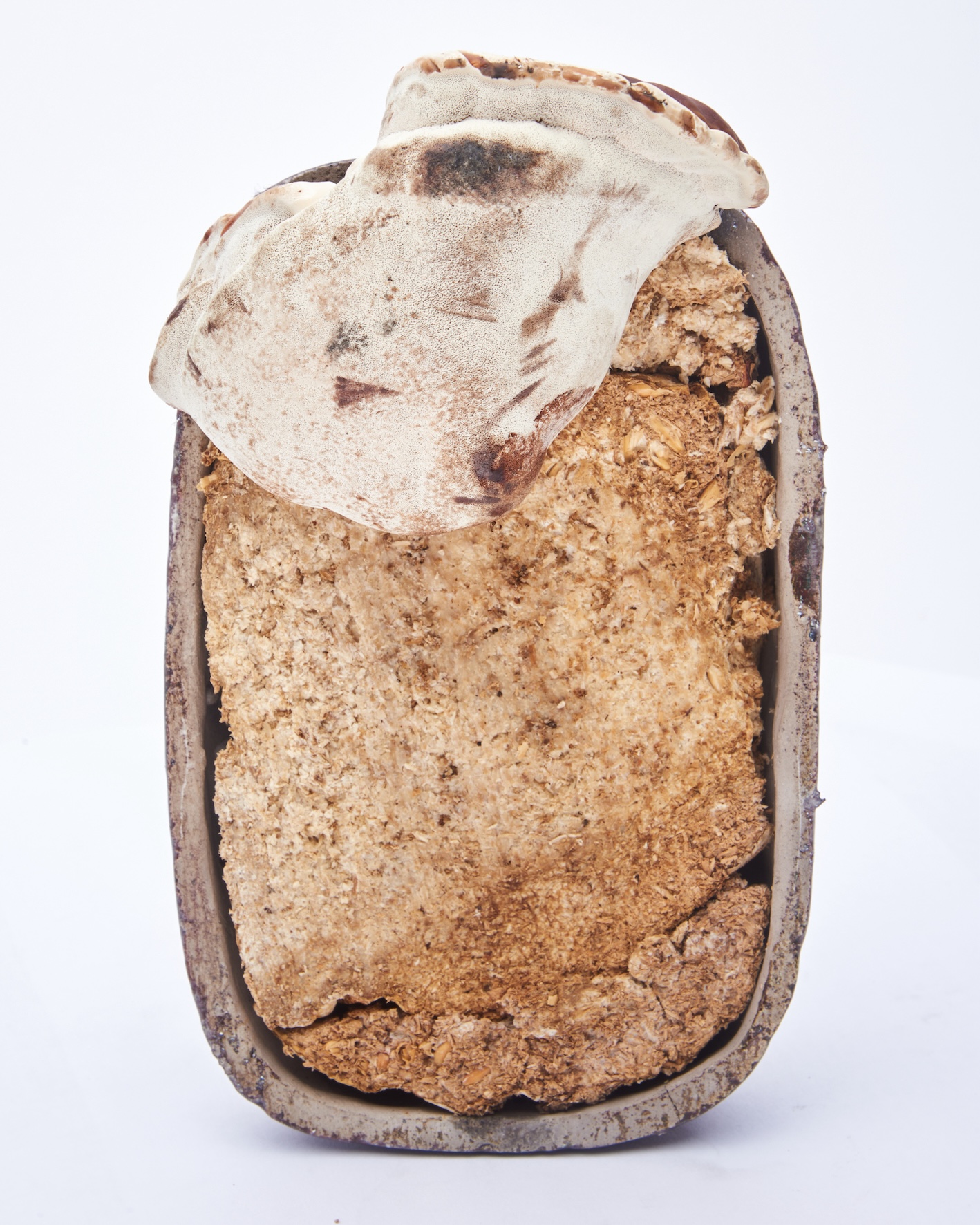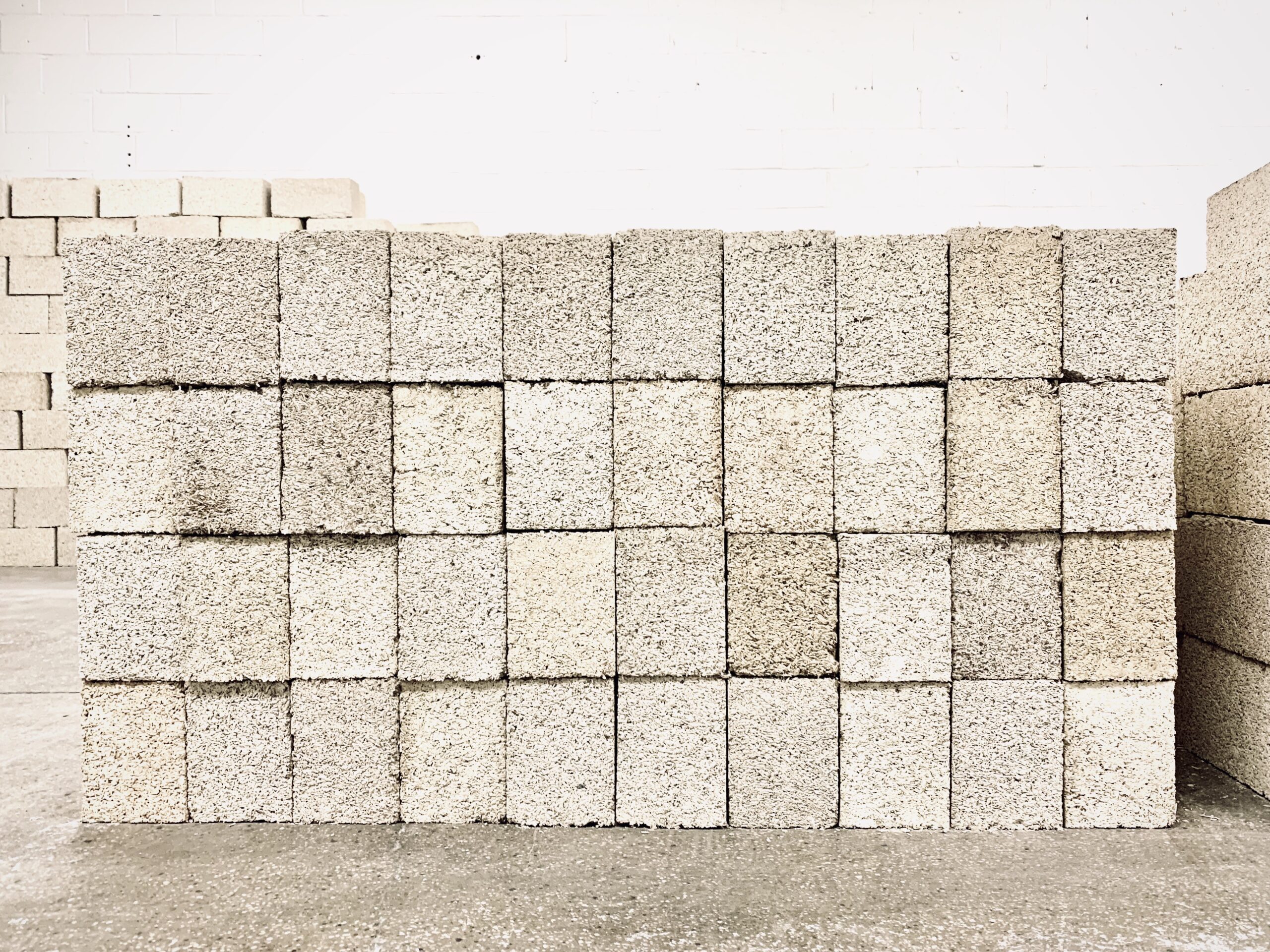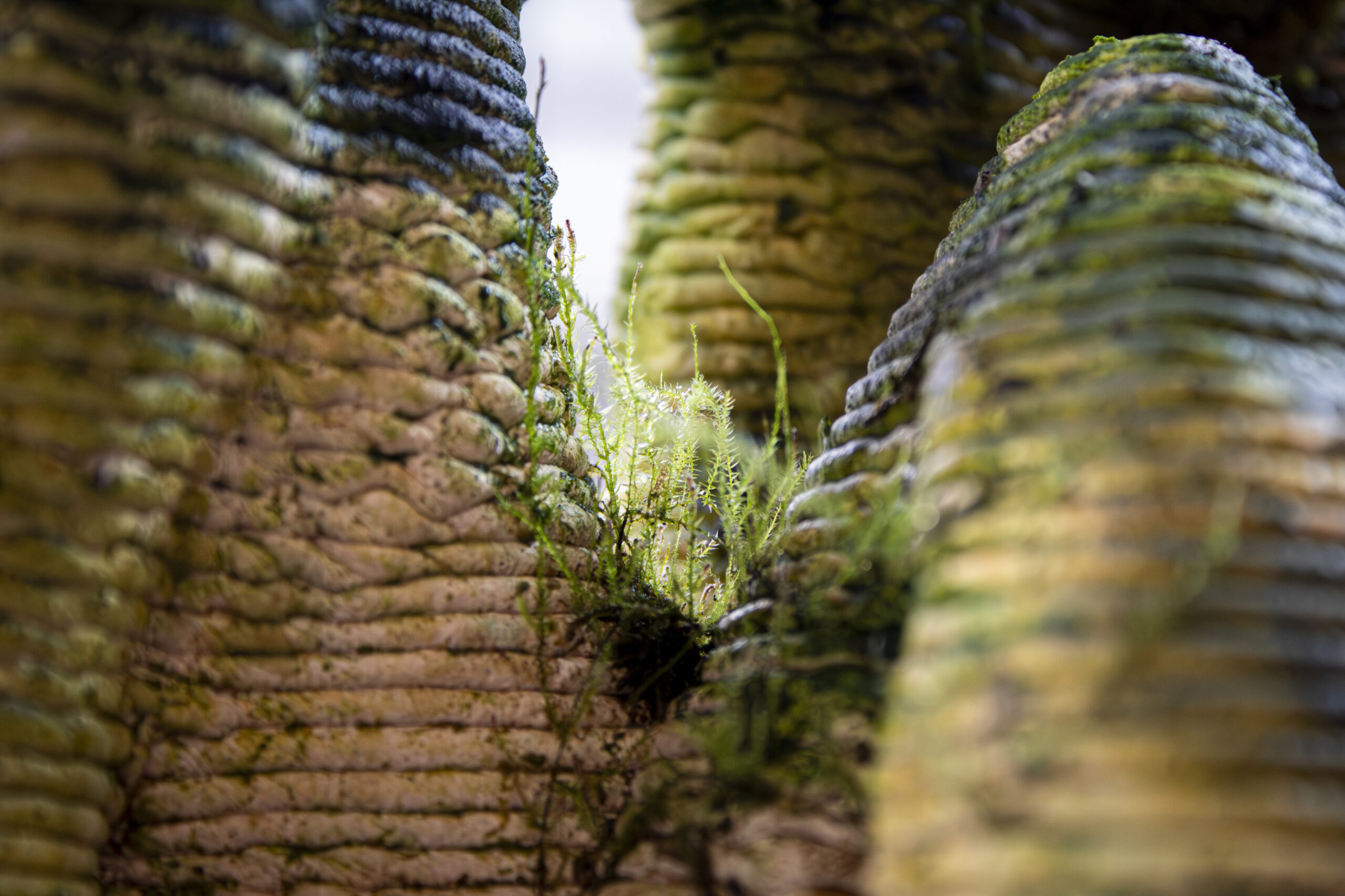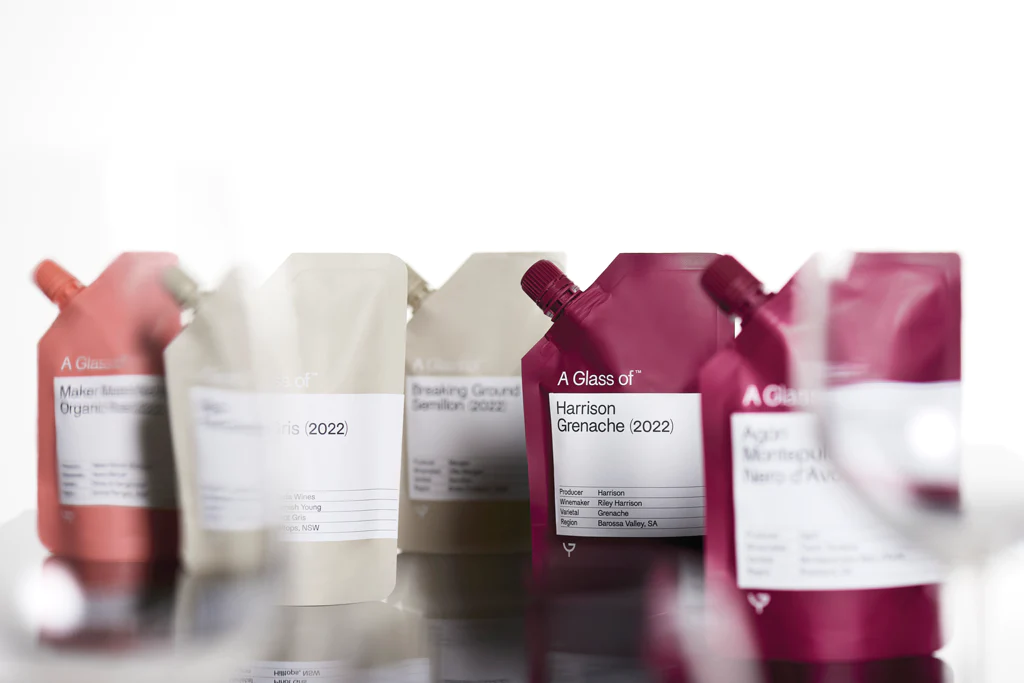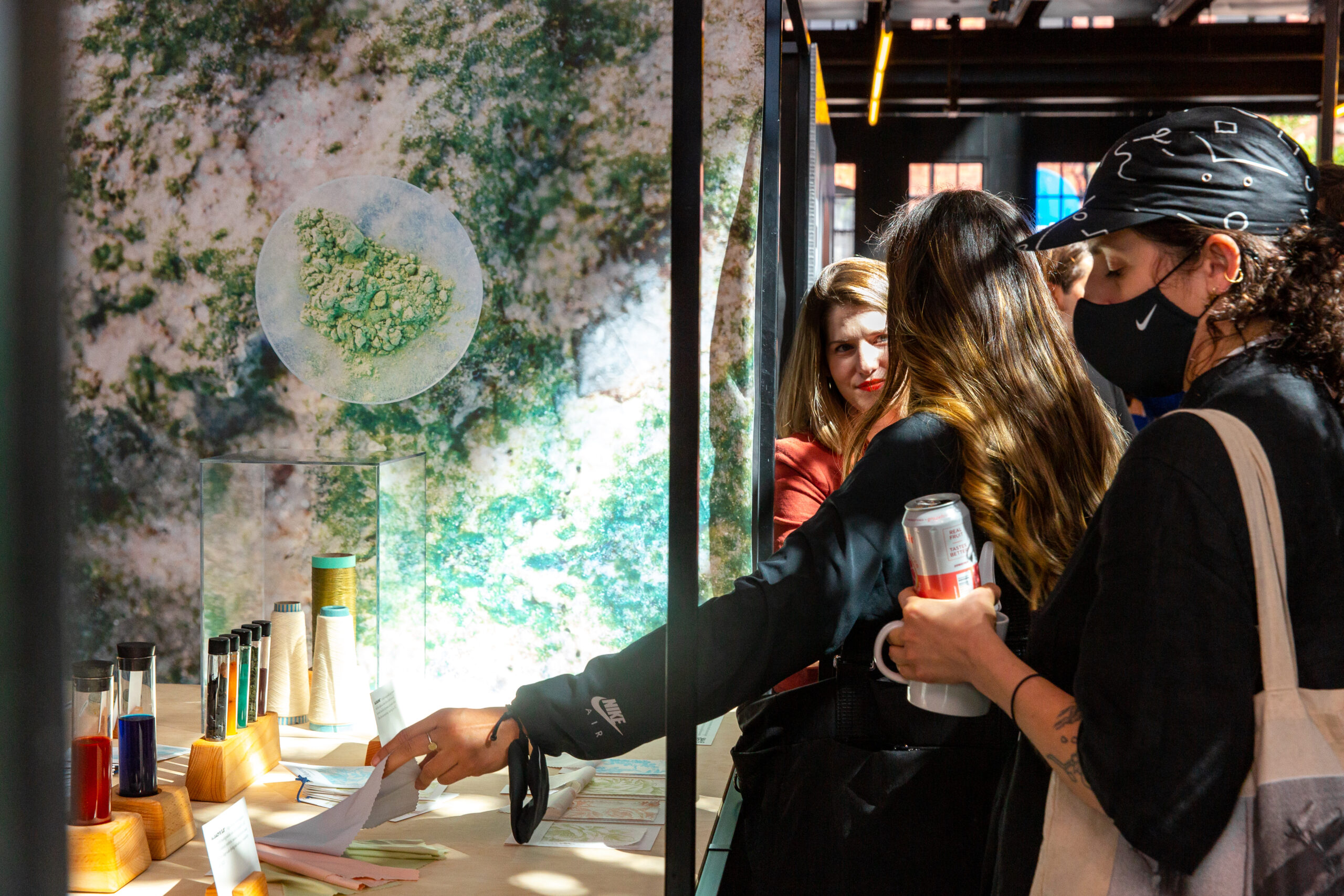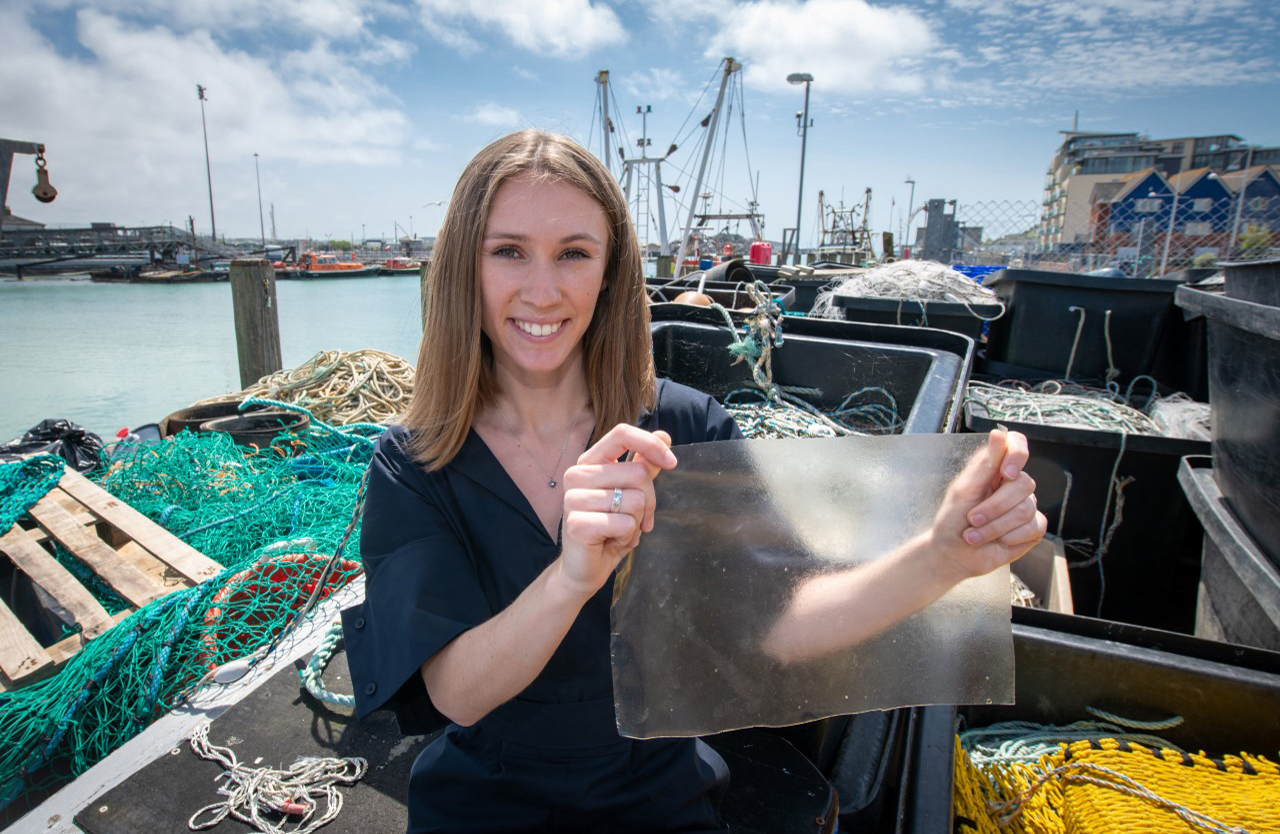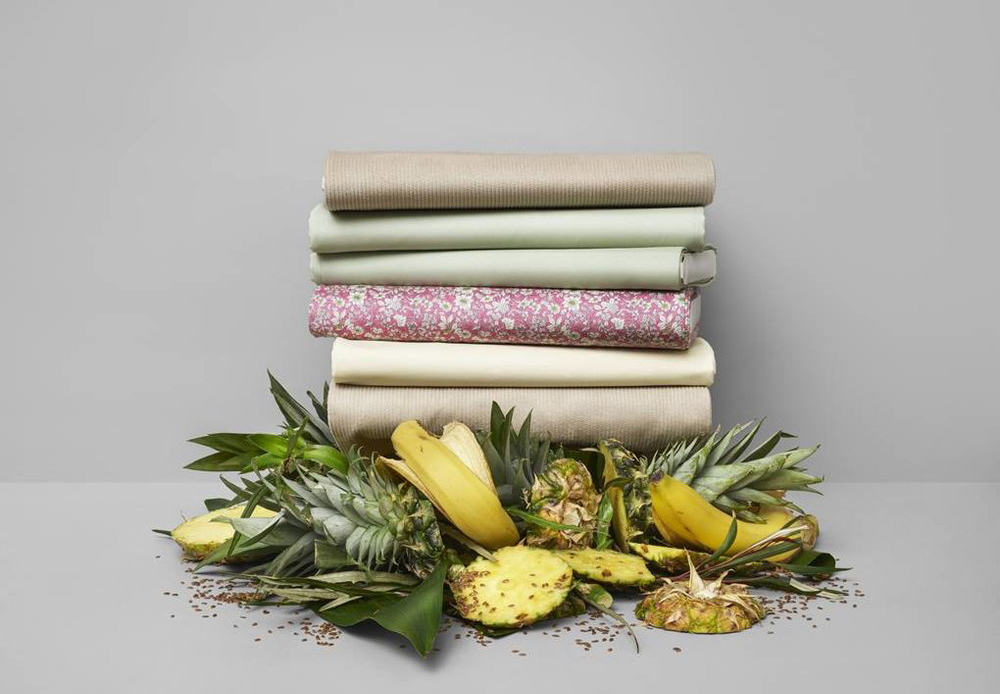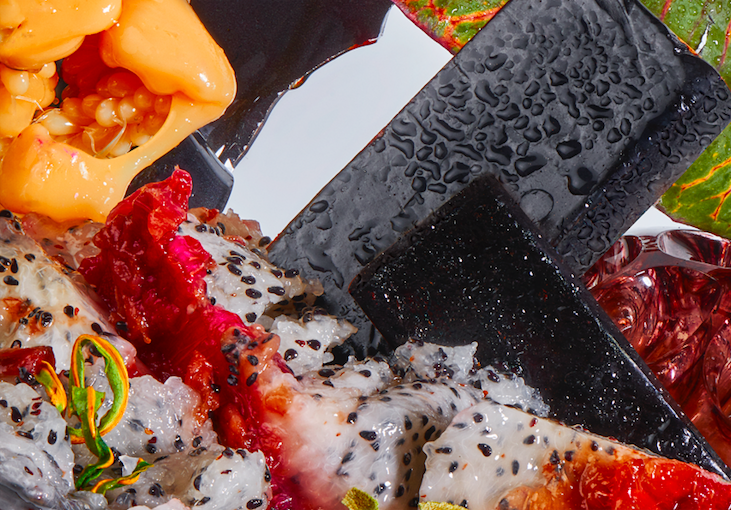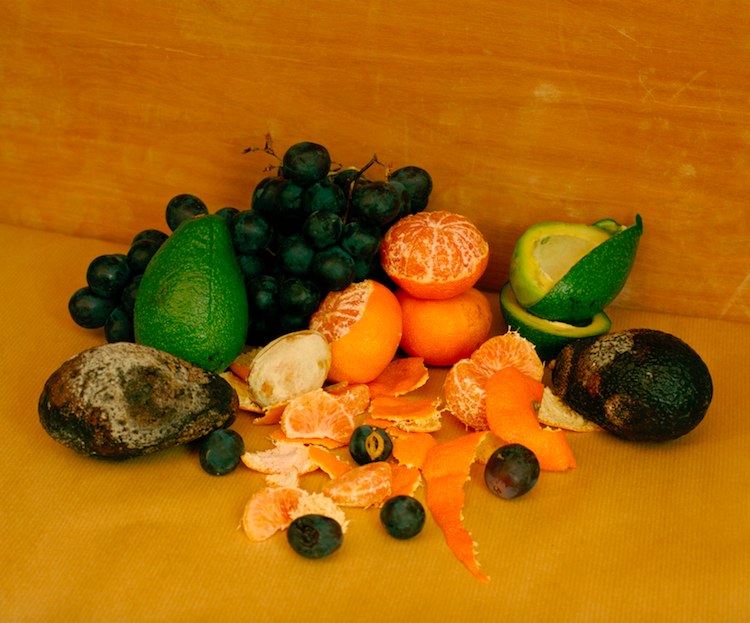Baldor, one of the largest specialty food purveyors in the Northeast, has successfully reduced their organic food waste to zero through a unique rebranding and reuse program. As Thomas McQuillan, sustainability director for Baldor told The Washington Post, “The narrative around food that we don’t traditionally eat is all negative. Instead of calling this trim or byproduct, let’s come up with a name for it.” The initiative, launched in 2015 under the name “sparCs,” is the company’s answer to the American food waste crisis—waste estimated at 40% across the food supply chain. SparCs, a stylized anagram for the word scraps, is a three-fold plan to blaze a trail of change across the industry while supporting opportunity for new business.
As a specialty food distributor, the primary focus of Baldor’s business is to get all of their edible foods in the mouths of people. Cosmetically compromised product is handled by a growing variety of sources. Initially, the purveyor sought out operations who are less picky about their produce. City Harvest, who picks up unused food and delivers it to soup kitchens and community food programs, and Food Bank of New York, whose operations include food redistribution and nutrition education, are such operations. By the end of their first year they also added Misfit Juicery, a Washington D.C.-based juice company who utilize not only passed-over produce but also the leftover scraps from Baldor’s produce fabrication. Also on board is Haven’s Kitchen, a community-focused restaurant doubling as a cooking school that uses the ugly produce in soups, sauces and broths. Additionally, Baldor is launching a proprietary vegetable blend developed at Drexel University, transforming scraps and trim into a powder with numerous culinary applications including as a stock base or dry rub.
Second, the company address the food waste that are not fit for human consumption. These items, typically classified as waste products include peelings, rinds, tops, and pits, come from the Fresh Cuts program, a service where Baldor pre-processes vegetables and fruits for customers. Currently they are partnered with Brick Farm Market in N.J., selling sacks of sparCs for 5 to 12 cents per pound to be used as feed for pigs or fodder for compost.
What is left after these efforts, and what constitutes the bulk of the waste, about 120,000 pounds per week, is currently donated as chicken feed. While this currently accounts for the bulk of their waste, Baldor is still looking for greater composting facilities and customers for their sparcs. Anything additional—bits that have fallen on the floor or left on plates in the employee cafeteria—are processed in a waste-to-water system onsite.
Baldor’s facility is among the first of its kind to go waste free. Where previously the company paid a third party to haul and process discarded food waste, now they’re creating a revenue stream and delivering along preexisting routes. Though they have more progress to make, their efforts to launch sparCs show that even large-scale operations have the ability to rethink how they do business. With any luck the example they’ve set will encourage others to imagine creative opportunities to transform their own food waste and lead in a field at the forefront of our nation’s food waste war.


